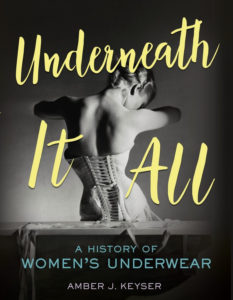 I’ve been thinking about wishes (which isn’t quite the same as actually wishing). Specifically, I’ve been thinking about what we call wish fulfillment stories. These are stories in which the author writes a successful conclusion to her own inner fantasies. The most obvious wish fulfillment stories are romance novels, a denigrated genre if ever there was one. Pronouncements are made with supercilious distain: that’s not literature or it’s just a love story or that’s impossible.
I’ve been thinking about wishes (which isn’t quite the same as actually wishing). Specifically, I’ve been thinking about what we call wish fulfillment stories. These are stories in which the author writes a successful conclusion to her own inner fantasies. The most obvious wish fulfillment stories are romance novels, a denigrated genre if ever there was one. Pronouncements are made with supercilious distain: that’s not literature or it’s just a love story or that’s impossible.
I think Kelly Jensen nails it when she observes that the biggest wish fulfilled in romance novels is female pleasure. Consider that for a moment (and maybe read this essay by Lili Loofbourow about how the metrics for good/bad sex are so different for women than for men). It is merely a wish—a wish with all the unrealistic hopefulness that implies—for a woman to seek and satisfy her own needs for intimate pleasure. That’s impossible.
In the last year I wrote the draft of a new novel that I crammed full of things I love. Things like David Bowie and cosplay, Pride and Prejudice and Zombies and taco carts, Jeff Goldblum and aerial silks. I wrote a book that made me happy, a book about friends that take care of each other and people who get along even though they are really different.
The entire book is pure wish fulfillment.
It wishes inclusion and respect.
It wishes tolerance and love.
It wishes the elevation of our best selves.
It wishes hope.
It wishes a extended hand.
It wishes glitter and bonfires on the beach.
Writing it was an escape from real life, a personal pleasure, exactly like a romance novel (but mine isn’t a romance novel FYI). Now I have to revise it, and here’s the problem: I write contemporary, realistic fiction, and this book wishes the opposite of what I see every day in the news. Most of the big issues I need to resolve in this draft are a direct result of this conflict between the world I want and the world I see. This is a harder issue to resolve than a hitch in the plot or an inconsistent character arc. This is big philosophical stuff.
I don’t have the answers right now about how to fix this novel, but I do know one thing for sure—there’s nothing wrong with wishing the world were different. I believe it’s called hope.
Tell me, what are you wishing for these days?

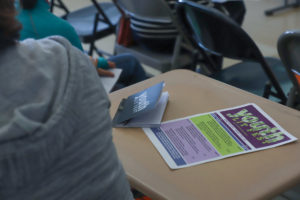 Would you rather fight a horse-sized duck or a hundred duck-sized horses?
Would you rather fight a horse-sized duck or a hundred duck-sized horses? I love festivals like this where I get to interact with readers during panels and workshops. I taught a session on building three-dimensional characters and also played Pictionary with my writer friends in front of an audience. (Thankfully, April didn’t pit us against the illustrators!)
I love festivals like this where I get to interact with readers during panels and workshops. I taught a session on building three-dimensional characters and also played Pictionary with my writer friends in front of an audience. (Thankfully, April didn’t pit us against the illustrators!)

 I was very pleased to have the opportunity to speak at length about
I was very pleased to have the opportunity to speak at length about 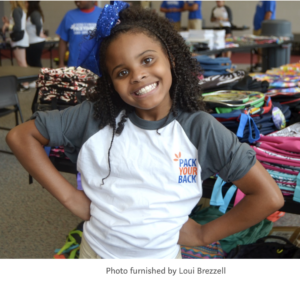 In the course of my activism work over the last two years, I have closely followed the young people who are on the front lines of the Resistance. I follow
In the course of my activism work over the last two years, I have closely followed the young people who are on the front lines of the Resistance. I follow 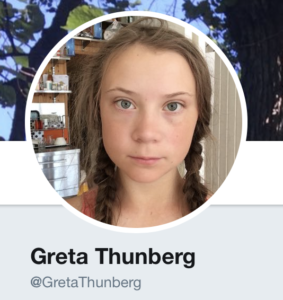 Their presence in social and climate justice movements underscores two realities. The problems they want solved were created by us—the old people of previous generations—and the dire consequences of these problems will be carried by them. And yet, at every turn, pundits and politicians and parents find ways to dismiss and denigrate young people.
Their presence in social and climate justice movements underscores two realities. The problems they want solved were created by us—the old people of previous generations—and the dire consequences of these problems will be carried by them. And yet, at every turn, pundits and politicians and parents find ways to dismiss and denigrate young people.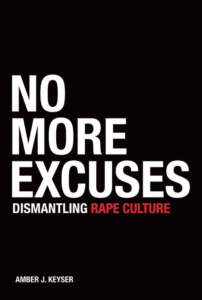 My next book is NO MORE EXCUSES: DISMANTLING RAPE CULTURE. It will be available early next year from
My next book is NO MORE EXCUSES: DISMANTLING RAPE CULTURE. It will be available early next year from 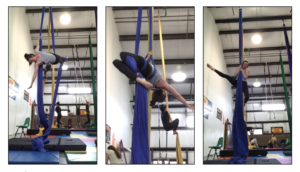 This weekend I’m performing in my first aerial silks recital. I keep going back and forth trying to decide if signing up was a good idea or a terrible idea. I’m one of the very oldest people who trains at the studio, and there are definitely days when I think that maybe I’m too old for circus arts. On Sunday, when I do my routine, most of the audience will be the parents of the other performers. In other words, the audience will be made of my peers.
This weekend I’m performing in my first aerial silks recital. I keep going back and forth trying to decide if signing up was a good idea or a terrible idea. I’m one of the very oldest people who trains at the studio, and there are definitely days when I think that maybe I’m too old for circus arts. On Sunday, when I do my routine, most of the audience will be the parents of the other performers. In other words, the audience will be made of my peers.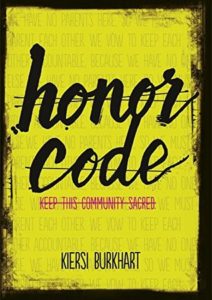
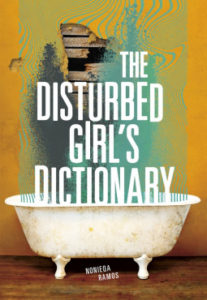

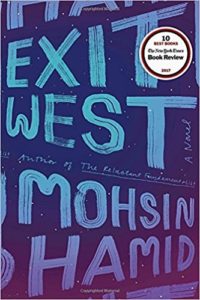
 I’ve been thinking about wishes (which isn’t quite the same as actually wishing). Specifically, I’ve been thinking about what we call wish fulfillment stories. These are stories in which the author writes a successful conclusion to her own inner fantasies. The most obvious wish fulfillment stories are romance novels, a denigrated genre if ever there was one. Pronouncements are made with supercilious distain: that’s not literature or it’s just a love story or that’s impossible.
I’ve been thinking about wishes (which isn’t quite the same as actually wishing). Specifically, I’ve been thinking about what we call wish fulfillment stories. These are stories in which the author writes a successful conclusion to her own inner fantasies. The most obvious wish fulfillment stories are romance novels, a denigrated genre if ever there was one. Pronouncements are made with supercilious distain: that’s not literature or it’s just a love story or that’s impossible.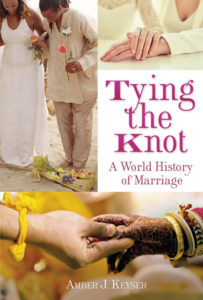 What’s love got to do with it? Not much, Keyser asserts in this examination of the history of marriage. Up until about 250 years ago, marriage was mainly a transaction or union of couples that entailed political, social, and economic factors. Her discussion of traditions and customs from different cultures and countries is a fascinating and insightful one. All types of unions are explored in this book, including levirate, same-sex, green card, and polyandry marriages. Keyser is straightforward and objective in her examination of different views on the institution. She highlights how changes in society (women’s rights, economic conditions, divorce rates, etc.) as well as a general shifting of attitudes has greatly affected marital unions. Keyser’s book is well researched and greatly illustrated with photographs. VERDICT This highly readable text would be a commendable addition to a social science collection for its pertinent information on cultural studies.
What’s love got to do with it? Not much, Keyser asserts in this examination of the history of marriage. Up until about 250 years ago, marriage was mainly a transaction or union of couples that entailed political, social, and economic factors. Her discussion of traditions and customs from different cultures and countries is a fascinating and insightful one. All types of unions are explored in this book, including levirate, same-sex, green card, and polyandry marriages. Keyser is straightforward and objective in her examination of different views on the institution. She highlights how changes in society (women’s rights, economic conditions, divorce rates, etc.) as well as a general shifting of attitudes has greatly affected marital unions. Keyser’s book is well researched and greatly illustrated with photographs. VERDICT This highly readable text would be a commendable addition to a social science collection for its pertinent information on cultural studies.